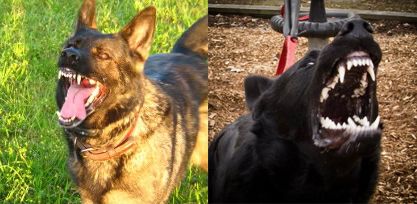Have you had his thryoid checked or a full blood panel?
I too would follow Nancy and Dennis's suggestion about a blood workup, and while I was at the vet's I'd ask about the body mass index, which is a technical way of talking about the ratio of fat to muscle, just to make sure he really did lose his fat.
Older dogs carry their excess fat differently. At age eight, he could easily be carrying fat in his neck area, just in front of the shoulders, instead of the rib and hip area.
Press your thumb and index finger deep into the side of the neck just ahead of the shoulder, and pinch them together. Are your fingers more than 1/2" apart? Then there's probably enough fat there to make him overweight. So what you're seeing as thinning over his ribs may not be indicative of the whole story.
I'd continue as you are doing (along with getting his thyroid and other markers checked; he's a good age for a complete senior workup anyway). The vet can also suggest an exercise regimen, based on the degree of HD and/or OA.
As Dennis says, low-impact exercise is vital. His metabolism has probably slowed at his age, so he needs less food, but his brain doesn't know that. Exercise can help him trigger a metabolism increase to better burn off those calories.
Two months is a pretty short time. If he has started taking off fat around his ribs, he will probably start in the neck-shoulder area next.
This is good that you're doing this, IMO. There is not much that's more important to a dog's health than appropriate food and weight control.
I'd forget about the neutering at a later age affecting his weight; that's such a gray area, and the studies are contradictory -- and really, unless he does have hypothyroidism (which is treatable), then overweight means one thing: he's taking in more than he's using.
One last little tip: don't worry about him not getting enough nutrients when you reduce the amount of food; if he's overweight, he is getting too much.
I've had good luck with adding a little extra cooked low-sugar vegetables (green beans, broccoli, etc.) for a while to help him feel full on the decreased amount of food.
I'm not a health professional, so you'll want to go over this stuff with your vet. I have worked with fatties who had OA or other joint issues, and I've seen the profound effect that weight management has. It's worth the effort -- believe me!
<img src="http://www.leerburg.com/ubbthreads/images/graemlins/cool.gif" alt="" />
Editing to add this: Real food (like you are feeding) is the best weight control tool ever. Commercial grain-heavy food, loaded with a macronutrient dogs can't even digest properly, can leave the dog both overweight and unsatisfied, IMO. Dogs are designed for meat and bones, and some produce --- not wheat, soy, corn, and the like. Good job! JMO.
 Previous Topic
Previous Topic Index
Index Next Topic
Next Topic











 Top
Top

 that I've seen first-hand some amazing results with acupuncture. Can be hard to find someone trained to do it, I know, and it is certainly more expensive than hopping into a pool, but I have seen dogs (and cats) who literally were dragging their back legs begin walking again. Good luck!
that I've seen first-hand some amazing results with acupuncture. Can be hard to find someone trained to do it, I know, and it is certainly more expensive than hopping into a pool, but I have seen dogs (and cats) who literally were dragging their back legs begin walking again. Good luck!



.jpg)
.jpg)